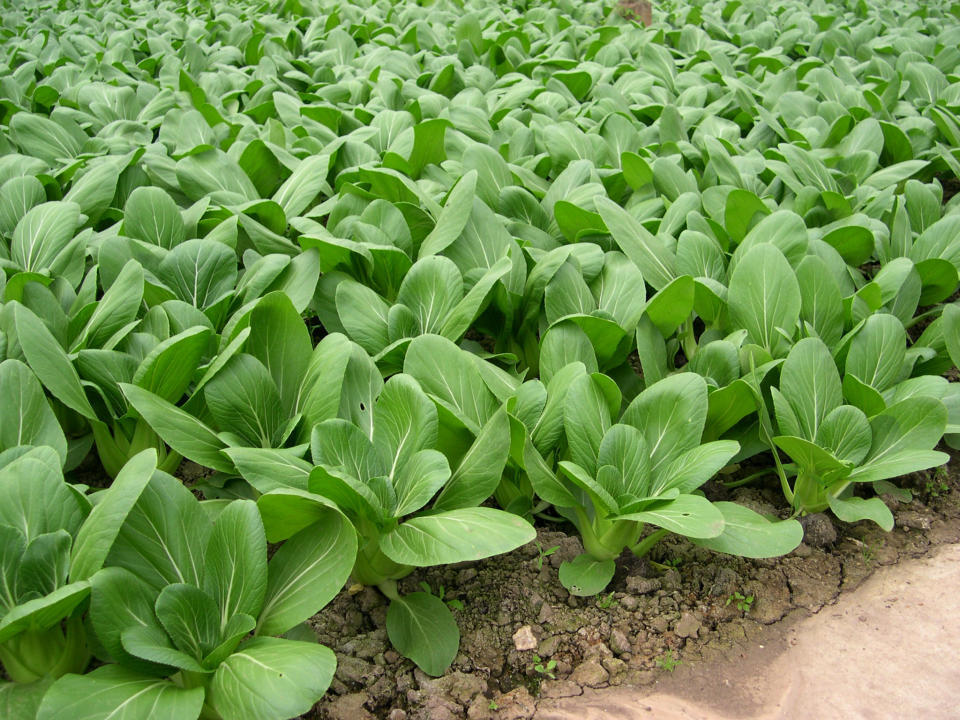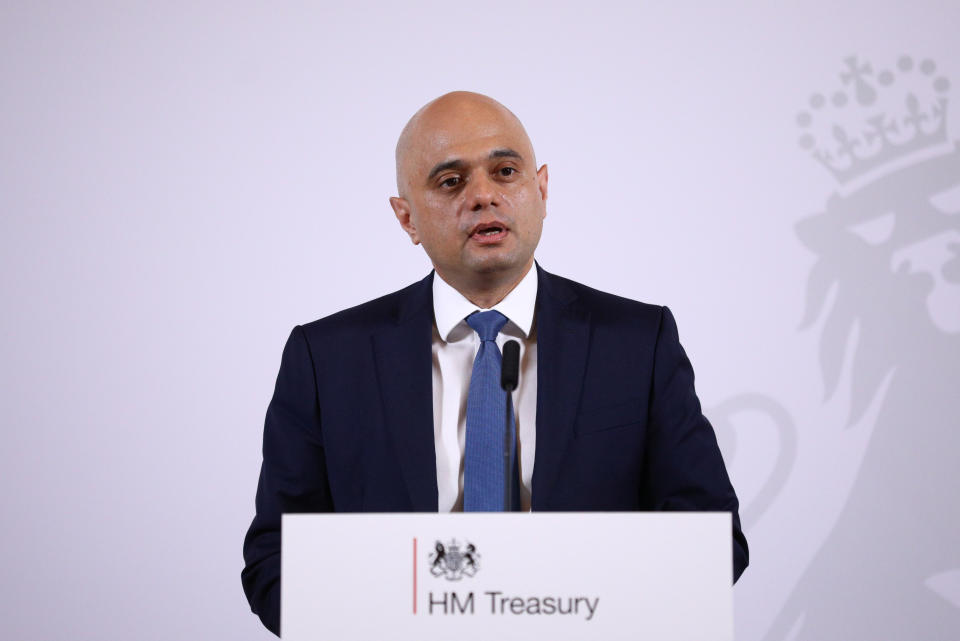UK government to hand farmers £2.9bn to replace EU subsidies

The UK government will hand farmers £2.9bn next year to replace EU subsidies after Brexit.
Chancellor Sajid Javid announced the funding ahead of the New Year, and promised a “fairer and less bureaucratic” system in future as part of a radical shakeup of farming subsidies.
The EU’s common agricultural policy (CAP) has shaped UK support for farming for decades, and leaving the EU and CAP gives the government the power to make significant changes.
The government has pledged to maintain subsidies at EU levels for the next parliament, but only to smooth the transition to a new system for determining budgets.
The most recent Queen’s Speech included a bill outlining a shakeup of payments, which a significant number of UK farmers rely on to stay afloat.
READ MORE: Fears a hard Brexit would cripple UK dairy farmers
The government has said the new scheme will mean “public money for public goods,” with rewards for specific agricultural activities rather than simply for the amount of land farmed.
Incentives are planned for farmers and land managers who support biodiversity, efforts to reduce emissions, animal welfare, high-quality food, and public access to the countryside.
The CAP has been widely criticised for offering poor value for money, failing to protect the environment, and giving excessive taxpayer subsidies to wealthy landowners and larger farms.

Javid said in a statement released by the Treasury on Monday: “When we leave the EU and are freed from the Common Agricultural Policy, we will be able to support our vital rural communities — who are a cornerstone of life in the UK — with a fairer and less bureaucratic system.
“Farmers can enter the New Year with confidence that they have our backing and will be able to thrive after Brexit.”
The £2.9bn ($3.8bn) will be paid from December 2020 for the year ahead as under the EU scheme, with the exception of Northern Ireland where payments run from October.
The funding was welcomed by the National Farmers’ Union (NFU), but fears remain over how future global trade deals could threaten British farmers.
READ MORE: 140,000 retail posts axed in worst year for high street jobs in quarter of a century
Nick von Westenholz, the NFU’s director of EU exit, said it would “provide a degree of certainty and stability” at a “critical stage” for negotiations over future trade terms with the EU and other countries.
“The government will need to couple this financial guarantee of support for our industry with a clear-cut commitment that domestic producers will not be unfairly undermined by imports from overseas produced to standards that would be illegal here,” he said.
“We are still waiting for the introduction of a council on trade and standards that can advise ministers on our future trade policy and scrutinise the forthcoming negotiations to ensure our high farming standards are not undermined by substandard imports.”
READ MORE: Boris Johnson breakthrough in north-east leaves bosses ‘happiest in the UK’

 Yahoo Finance
Yahoo Finance 